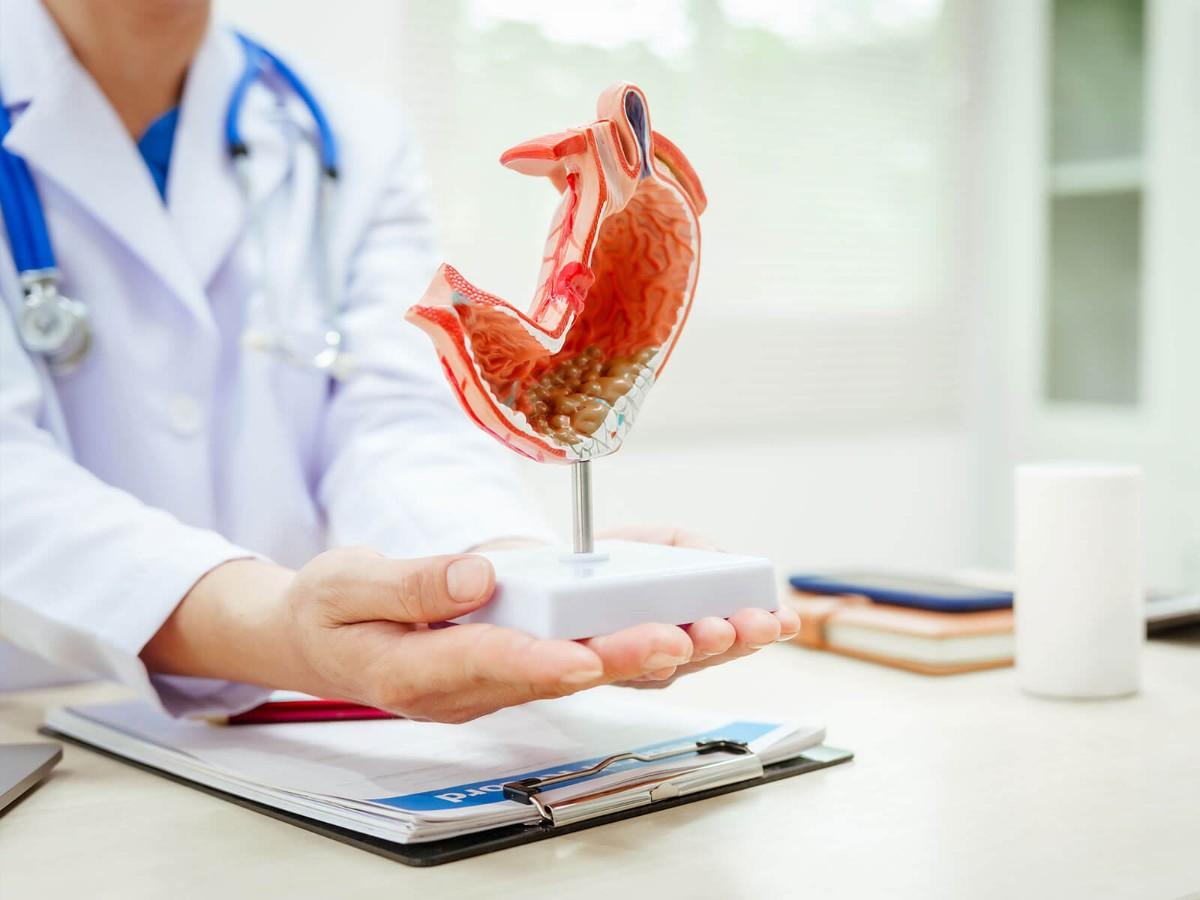
The bloating sensation is an aspect of tightness or fullness in the belly, which is usually triggered by the accumulation of a very huge amount of gases or air in the digestive system. Bloating here and there is normal, however, when bloating happens on an average basis or extensively, there is sometimes a reason behind it, and the issue should be addressed.
You may notice one or more of the following when you're bloated:
Several factors can lead to bloating, including:
Centered on patient-based care and extensive digestive health care, GastroDoxs is the place where one finds expert diagnostics and effective treatment of abdominal distension and other related conditions. We base our action on the humane care of people in need, a personalized approach to a patient, to ensure that the long-term effect of relief and a better quality of life is obtained. Are you ready to get back into your comfort? Schedule your appointment to our specialists in Cypress gi today and begin feeling good immediately.
We've successfully treated more than 4.1K patients, helping individuals improve their digestive health and overall well-being through expert, personalized care.
With over 20 years of experience, GastroDoxs has been a trusted provider of gastroenterology care, focusing on delivering the best outcomes for patients
Bloating is generally acute, temporary, and caused by changes in gases or fluid, whereas genuine fat gain occurs gradually over time and is long-term.
Yes, bloating may cause you to feel and look heavier, but this heaviness is due to contained gases and water—not excessive body fat.
Repeated bloating after meals can be due to food intolerance (such as lactose or gluten), high-FODMAP diets, air swallowing, or slowed digestion (gastroparesis).
The ICD-10 diagnosis code for any kind of bloating without significant pain is R14.0. Healthcare providers use this code for diagnosis and insurance purposes.
Yes. Over-the-counter options like simethicone (to dissolve gas bubbles), activated charcoal pills, and peppermint oil capsules can provide quick relief.
Simethicone is effective for treating gas. For slow motility issues, doctors may prescribe pro-motility drugs such as domperidone or metoclopramide.
Probiotics containing Lactobacillus and/or Bifidobacterium strains with at least 1 billion CFUs help regulate gut bacteria and reduce gas production.
Bloating accompanied by stomach gurgling is often caused by excess gas or poor digestion. It can also indicate IBS or other digestive issues, especially if related to bowel movements.
Natural remedies include taking digestive enzymes before meals, drinking ginger or peppermint tea, using activated charcoal, and following a low-FODMAP diet.
Absolutely. Stress can slow gastric emptying and alter gut motility, increasing gas and bloating. Techniques like deep breathing or yoga may help reduce symptoms.